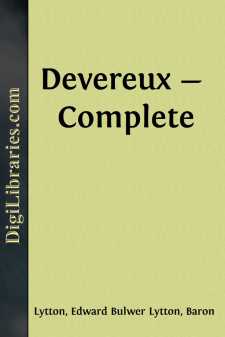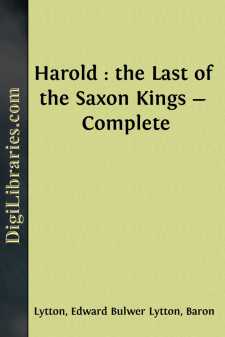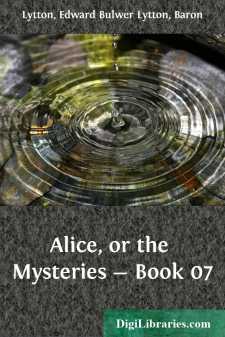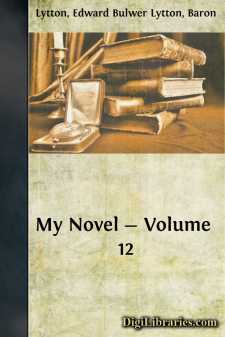Categories
- Antiques & Collectibles 13
- Architecture 36
- Art 48
- Bibles 22
- Biography & Autobiography 816
- Body, Mind & Spirit 145
- Business & Economics 28
- Children's Books 17
- Children's Fiction 14
- Computers 4
- Cooking 94
- Crafts & Hobbies 4
- Drama 346
- Education 58
- Family & Relationships 59
- Fiction 11834
- Foreign Language Study 3
- Games 19
- Gardening 17
- Health & Fitness 34
- History 1378
- House & Home 1
- Humor 147
- Juvenile Fiction 1873
- Juvenile Nonfiction 202
- Language Arts & Disciplines 89
- Law 16
- Literary Collections 686
- Literary Criticism 179
- Mathematics 13
- Medical 41
- Music 40
- Nature 179
- Non-Classifiable 1768
- Performing Arts 7
- Periodicals 1453
- Philosophy 66
- Photography 2
- Poetry 897
- Political Science 203
- Psychology 45
- Reference 154
- Religion 516
- Science 126
- Self-Help 85
- Social Science 82
- Sports & Recreation 34
- Study Aids 3
- Technology & Engineering 59
- Transportation 23
- Travel 463
- True Crime 29
Sort by:
MY DEAR AULDJO,—Permit me, as a memento of the pleasant hours we passed together, and the intimacy we formed by the winding shores and the rosy seas of the old Parthenope, to dedicate to you this romance. It was written in perhaps the happiest period of my literary life,—when success began to brighten upon my labours, and it seemed to me a fine thing to make a name. Reputation, like all...
more...
I dedicate to you, my dear friend, a work, principally composed under your hospitable roof; and to the materials of which your library, rich in the authorities I most needed, largely contributed. The idea of founding an historical romance on an event so important and so national as the Norman Invasion, I had long entertained, and the chronicles of that time had long been familiar to me. But it is an...
more...
CHAPTER I. THE VILLAGE.—ITS INHABITANTS.—AN OLD MANORHOUSE: AND AN ENGLISHFAMILY; THEIR HISTORY, INVOLVING A MYSTERIOUS EVENT. "Protected by the divinity they adored, supported by the earth which they cultivated, and at peace with themselves, they enjoyed the sweets of life, without dreading or desiring dissolution." Numa Pompilius. In the country of—there is a sequestered hamlet, which I...
more...
CHAPTER I. SIR PETER CHILLINGLY, of Exmundham, Baronet, F.R.S. and F.A.S., was the representative of an ancient family, and a landed proprietor of some importance. He had married young; not from any ardent inclination for the connubial state, but in compliance with the request of his parents. They took the pains to select his bride; and if they might have chosen better, they might have chosen worse,...
more...
Much has been written by critics, especially by those in Germany (the native land of criticism), upon the important question, whether to please or to instruct should be the end of Fiction—whether a moral purpose is or is not in harmony with the undidactic spirit perceptible in the higher works of the imagination. And the general result of the discussion has been in favour of those who have contended...
more...
I. O'er royal London, in luxuriant May,While lamps yet twinkled, dawning crept the day.Home from the hell the pale-eyed gamester steals;Home from the ball flash jaded Beauty's wheels;The lean grimalkin, who, since night began,Hath hymn'd to love amidst the wrath of man,Scared from his raptures by the morning star,Flits finely by, and threads the area bar;From fields suburban rolls the...
more...
Chapter I. I am a native of _____, in the United States of America. My ancestors migrated from England in the reign of Charles II.; and my grandfather was not undistinguished in the War of Independence. My family, therefore, enjoyed a somewhat high social position in right of birth; and being also opulent, they were considered disqualified for the public service. My father once ran for Congress, but...
more...
CHAPTER I. Luce. Is the wind there? That makes for me. Isab. Come, I forget a business. Wit without Money. LORD VARGRAVE'S travelling-carriage was at his door, and he himself was putting on his greatcoat in his library, when Lord Saxingham entered. "What! you are going into the country?" "Yes; I wrote you word,—to see Lisle...
more...
CHAPTER XV. The entrance of a servant, announcing a name which Harley, in the absorption of his gloomy revery, did not hear, was followed by that of a person on whom he lifted his eyes in the cold and haughty surprise with which a man much occupied greets and rebukes the intrusion of an unwelcome stranger. "It is so long since your Lordship has seen me," said the visitor, with mild dignity,...
more...
CHAPTER I. THERE is continual spring and harvest here— Continual, both meeting at one time; For both the boughs do laughing blossoms bear, And with fresh colours deck the wanton prime; And eke at once the heavy trees they climb, Which seem to labour under their fruit's load. SPENSER: The Garden of Adonis. Vis boni In ipsa...
more...











